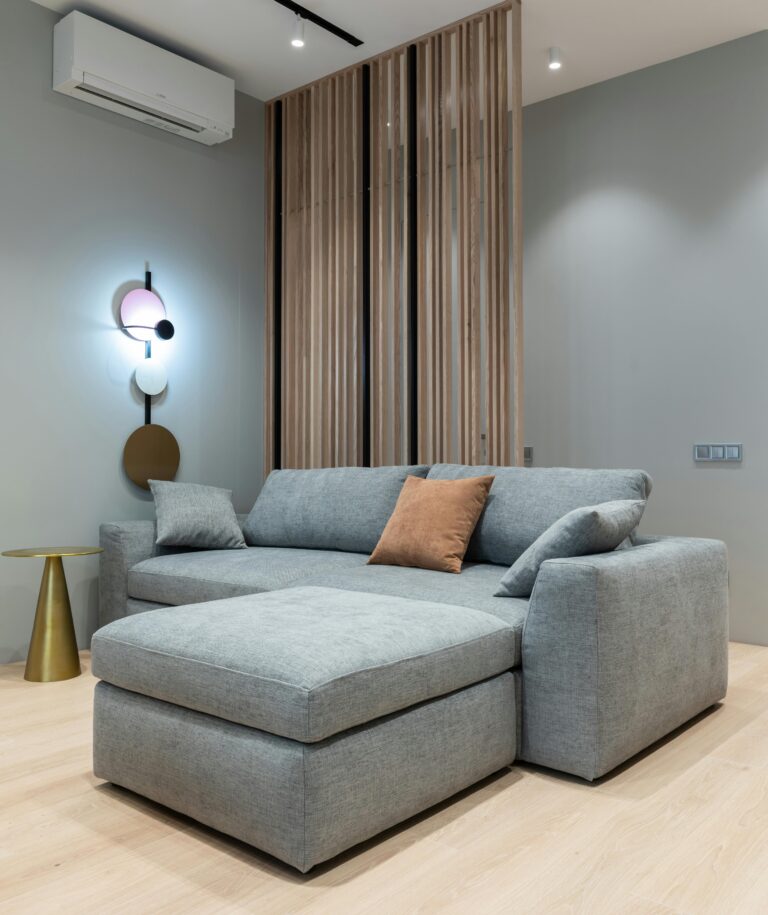
High Humidity Makes It Feel Hotter
When humidity is high, the air already contains a lot of moisture, so sweat evaporates slowly or not at all. As a result, the body struggles to cool itself effectively. Sweat pools on the skin, creating a sticky and uncomfortable sensation and causing your internal temperature to rise. This increases the body’s heat stress, leading to feelings of overheating and fatigue.
A good example is a day when the air temperature reads 85°F, but with 70% humidity, it can feel like 95°F or more. This perceived temperature difference is due to the reduced evaporation, making your body work harder to cool down.
Low Humidity Makes It Feel Cooler
In contrast, when humidity is low, sweat evaporates quickly, efficiently removing heat from your skin and creating a cooling effect. That’s why hot days feel more bearable in dry climates. Low humidity can also cause cold air to feel even colder because dry air encourages more rapid heat loss from the body.
The Heat Index: Measuring How Humidity Changes What You Feel
The heat index combines air temperature and humidity to provide a “feels like” temperature that better reflects human comfort. For instance, a temperature of 90°F with 60% humidity feels like 100°F to your body. This helps explain why humid heat feels much more oppressive than dry heat at the same temperature.
How Humidity Impacts Indoor Comfort and HVAC Systems
The Indoor Environment
Indoors, maintaining a balanced humidity level (typically between 30-50%) is important for comfort and health. Too much humidity promotes mold growth, dust mites, and allergens, which can affect respiratory health. Too little humidity causes dryness, irritation, and static electricity discomfort.
HVAC Systems and Humidity
Air conditioning systems work by removing heat and moisture from indoor air. High humidity means your AC must work harder to remove excess moisture, increasing energy bills and wear on the system. Conversely, low humidity during heating seasons can make indoor air feel colder, leading to increased heating use.
Regular HVAC maintenance and services, like those offered by Air Mavericks, ensure systems efficiently manage both temperature and humidity for maximum comfort and energy savings.
Health Risks of Imbalanced Humidity
High humidity places extra stress on the body’s ability to cool down, raising the risk of heat exhaustion, heat stroke, and dehydration. It can also worsen allergies and asthma by encouraging mold and dust mite growth. Low humidity, on the other hand, can cause dry skin, nosebleeds, and respiratory irritation.
Tips for Managing Humidity at Home
-
Use air conditioning and dehumidifiers in humid climates to reduce moisture levels.
-
Consider humidifiers during dry winter months to maintain comfortable moisture levels.
-
Seal air leaks and insulate your home to control humidity and improve HVAC efficiency.
-
Regularly clean vents and change HVAC filters to keep air quality high.
Frequently Asked Questions (FAQs)
Q: What is humidity and how does it affect how warm or cool I feel?
A: Humidity is the moisture in the air. High humidity reduces sweat evaporation, making you feel hotter and sticky, while low humidity allows sweat to evaporate quickly, cooling you down.
Q: Why does high humidity feel hotter than the actual temperature?
A: Because sweat cannot evaporate easily in humid air, your body’s natural cooling slows, making you feel warmer than the thermometer reading.
Q: How does humidity affect sweating and body temperature regulation?
A: Sweating cools your body only when it evaporates. High humidity slows evaporation, so your body can’t cool down efficiently, causing your internal temperature to rise.
Q: How can I control humidity in my home for better comfort?
A: Use air conditioners and dehumidifiers to reduce excess moisture and humidifiers to add moisture when the air is too dry. Keep your HVAC system well-maintained for optimal performance.
Q: What health problems can come from high or low humidity?
A: High humidity increases the risk of heat-related illnesses and allergies, while low humidity can cause dry skin, respiratory irritation, and increased susceptibility to colds.
Q: How does humidity affect my air conditioning system?
A: High humidity forces your AC to work harder to remove moisture, increasing energy consumption and wear, while low humidity can make heating less efficient.
Understanding how humidity affects how warm or cool you feel empowers you to take control of your comfort and health. Whether it’s the sticky heat of a Florida summer or the dry feeling during cooler months, managing humidity properly with professional HVAC care from Air Mavericks ensures your home stays comfortable all year long.
For expert air conditioning repair, service, and HVAC maintenance in Largo, FL, and the surrounding counties, trust Air Mavericks to keep your indoor climate perfectly balanced for every season.
What this means for you to explore: Keeping your home’s humidity balanced between 30% and 50% not only improves comfort but also helps your AC system last longer and reduces energy bills. Consider Air Mavericks’ maintenance plans and ask about indoor humidity control solutions to stay comfortable no matter the weather.